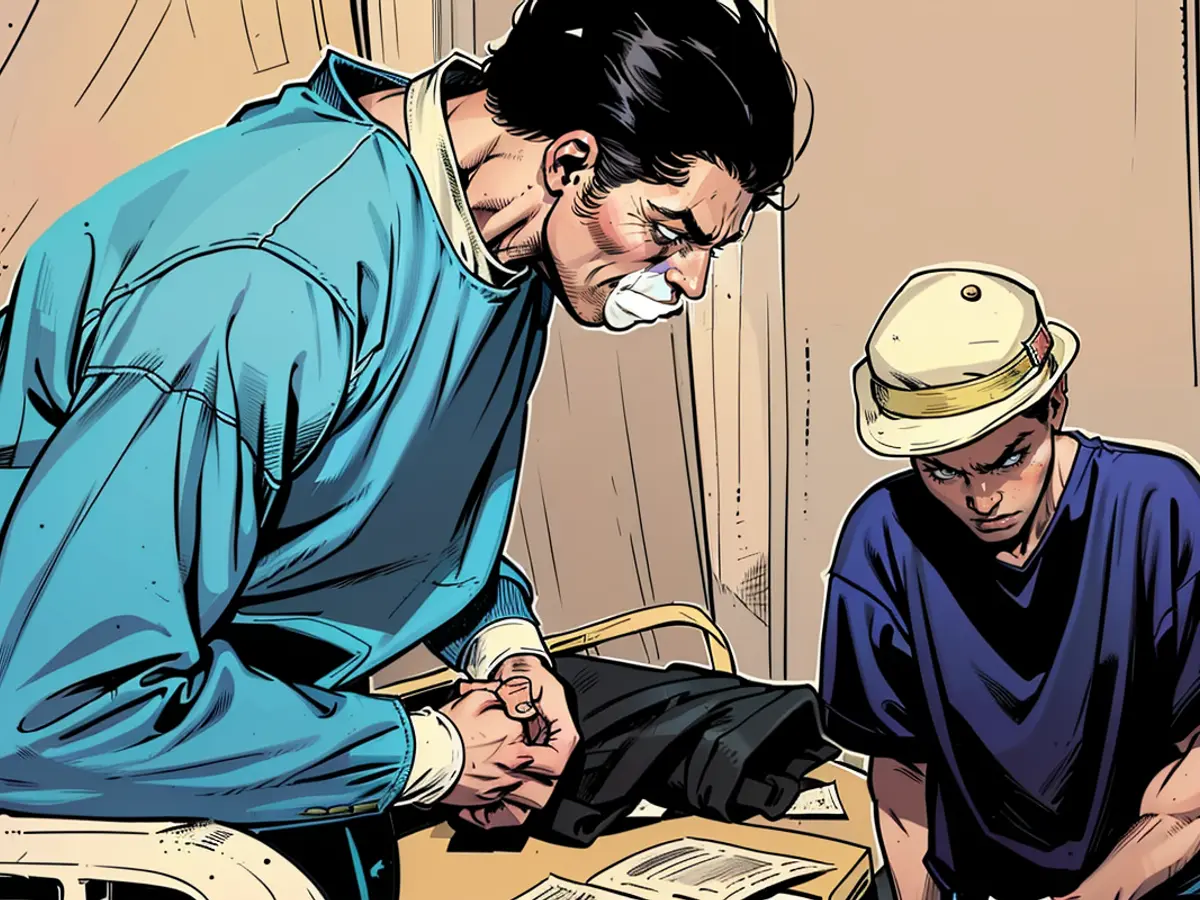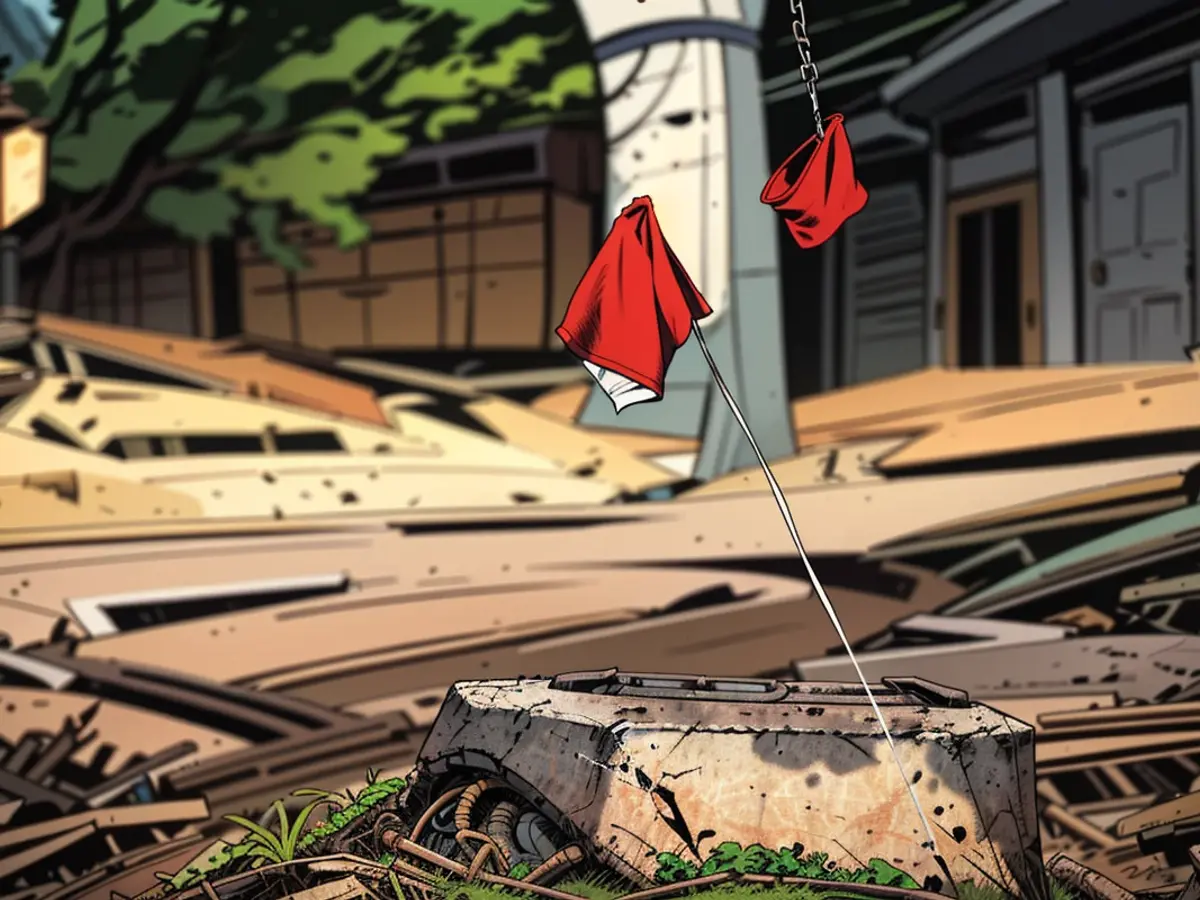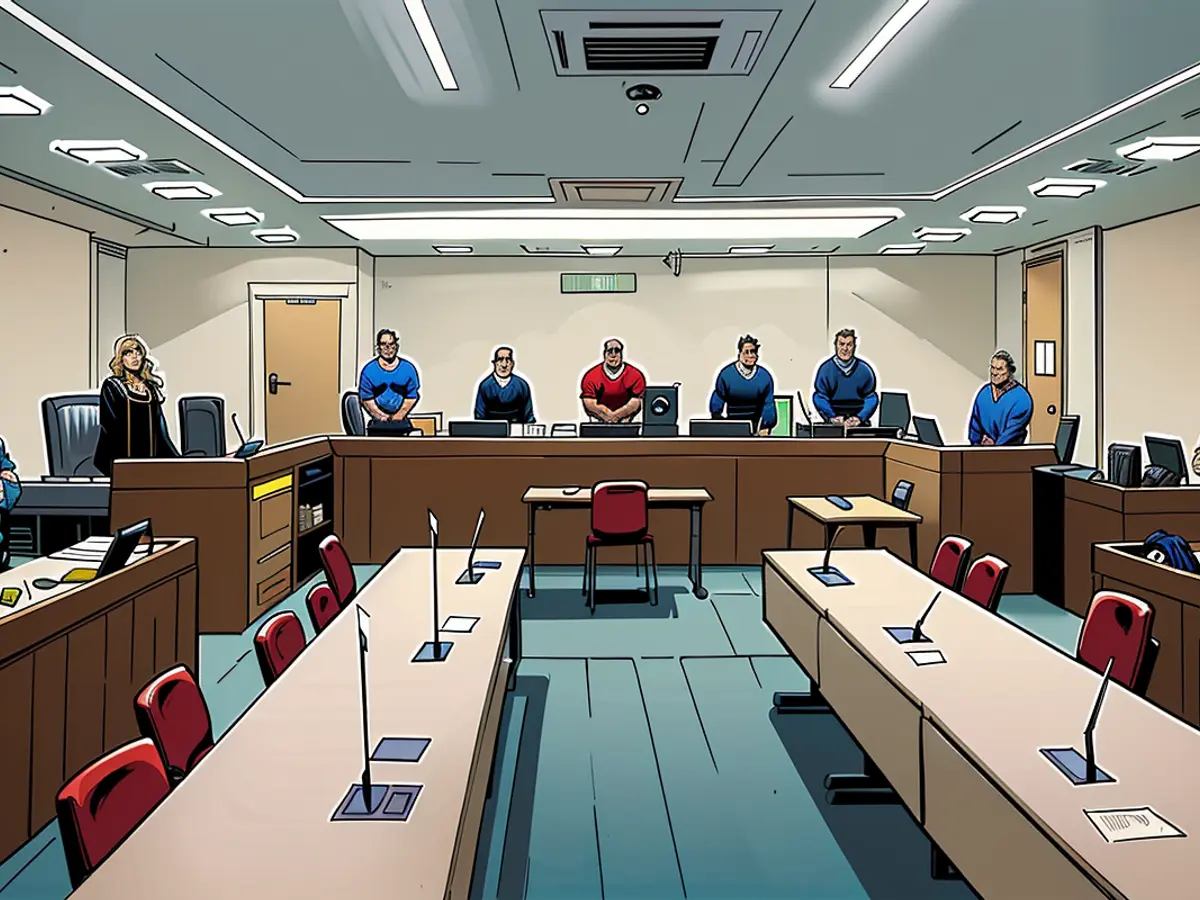L'Autorité a publié un document détaillant le statut de l'Union africaine.
Le nombre de cas suspects de Monkeypox en Afrique a explosé à environ 3000 en une semaine seulement, selon les rapports. Toutefois, ce chiffre pourrait être considérablement plus élevé en raison de capacités de test insuffisantes et de capacité de laboratoire, comme le suggèrent les autorités. Parmi eux, environ 374 cas ont été confirmés, tandis que la maladie a entraîné la mort de 14 personnes supplémentaires. Cette augmentation porte le nombre total de cas et de décès à plus de 29 000 et 738, respectivement, dans 15 pays africains depuis le début de l'année.
Jean Kaseya, directeur de l'agence de santé africaine CDC Afrique, a souligné lors d'une récente conférence de presse que la propagation de Monkeypox en Afrique est loin d'être sous contrôle. Il a attribué cet écart entre les cas suspects et confirmés aux raisons mentionnées ci-dessus. Par rapport à la même période de l'année dernière, il y a eu une augmentation d'environ 180 % des cas et une augmentation de 39 % des décès. Kaseya a insisté : "Il faut que ça s'arrête. C'est assez."
Efforts de vaccination
L'espoir est apporté par la perspective de vaccins contre Monkeypox en Afrique, mais seul un pays, le Rwanda, a lancé une campagne de vaccination pour l'instant. Environ 500 personnes ont reçu le vaccin jusqu'à présent, selon les rapports.
Il est important de noter, however, that Rwanda is not among the countries most affected by this disease. The situation is far more critical in other African countries like the Democratic Republic of Congo and Burundi, which share borders with Rwanda. As of now, a vaccination plan for the Democratic Republic of Congo is still pending, Kaseya revealed.
Challenges that hinder vaccination efforts in the Democratic Republic of Congo, the second-largest country in Africa and nearly seven times bigger than Germany, include poor infrastructure and difficult-to-reach areas. Maintaining a cold chain for vaccines in rural regions can be particularly difficult.
The World Health Organization (WHO) declared a level of alarm at its highest in mid-August due to the Monkeypox outbreaks in Africa and the potentially more dangerous, new variant, Ib. This step is intended to raise global authorities' alert levels.
Despite the World Health Organization's declaration of a high level of alarm due to the Monkeypox outbreaks in Africa, only one country, Rwanda, has initiated vaccination efforts, leaving many affected countries, such as the Democratic Republic of Congo and Burundi, unprotected. The widespread epidemics of Monkeypox in Africa continue to pose significant challenges, with insufficient testing capabilities and lab capacity contributing to the underestimation of cases and deaths.








